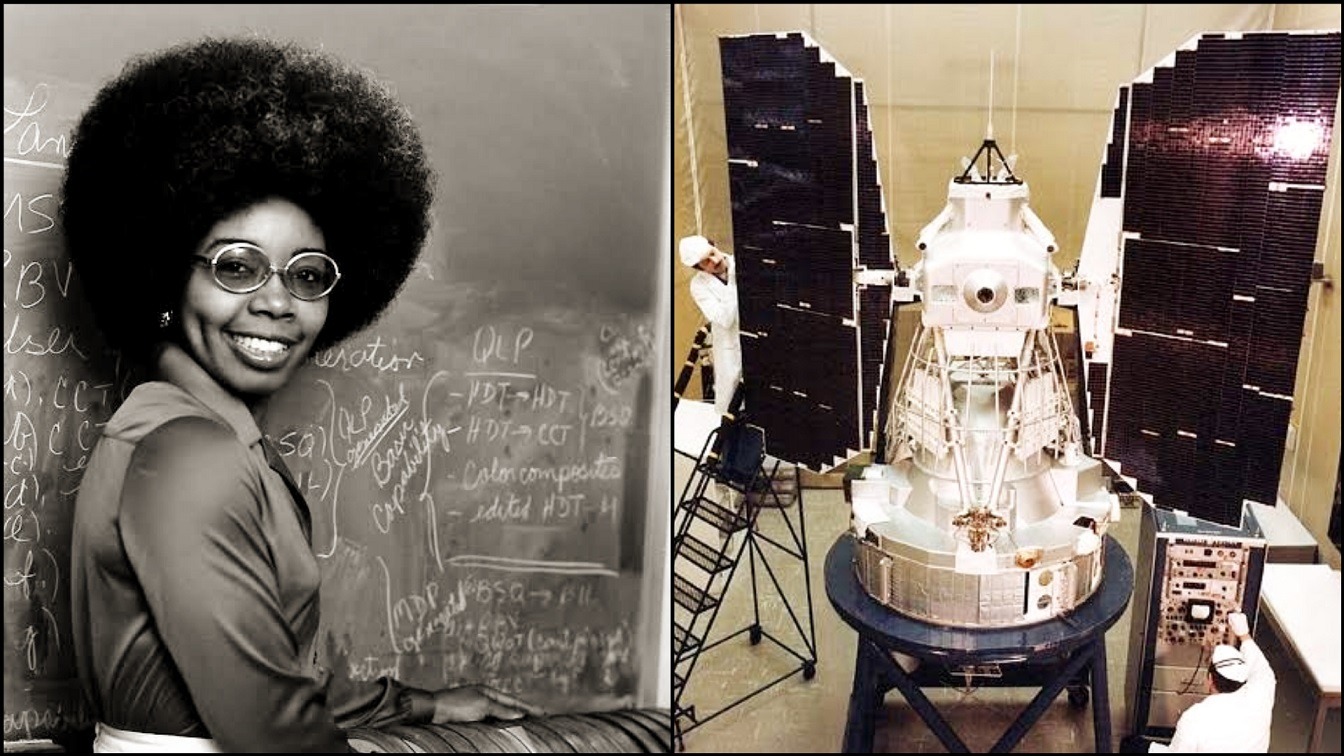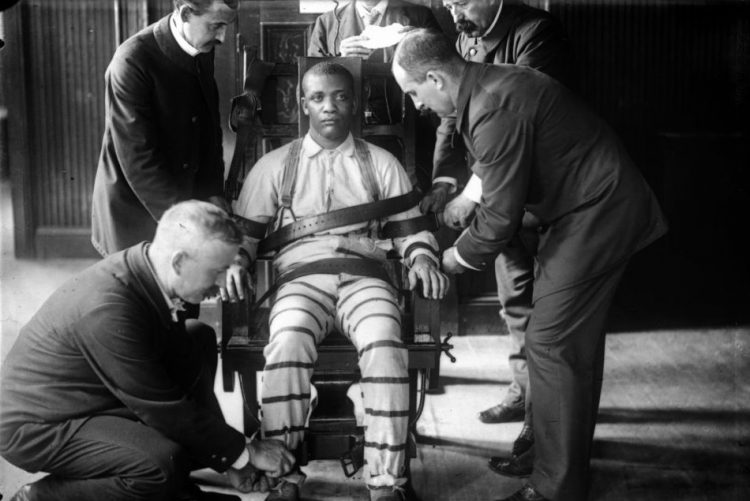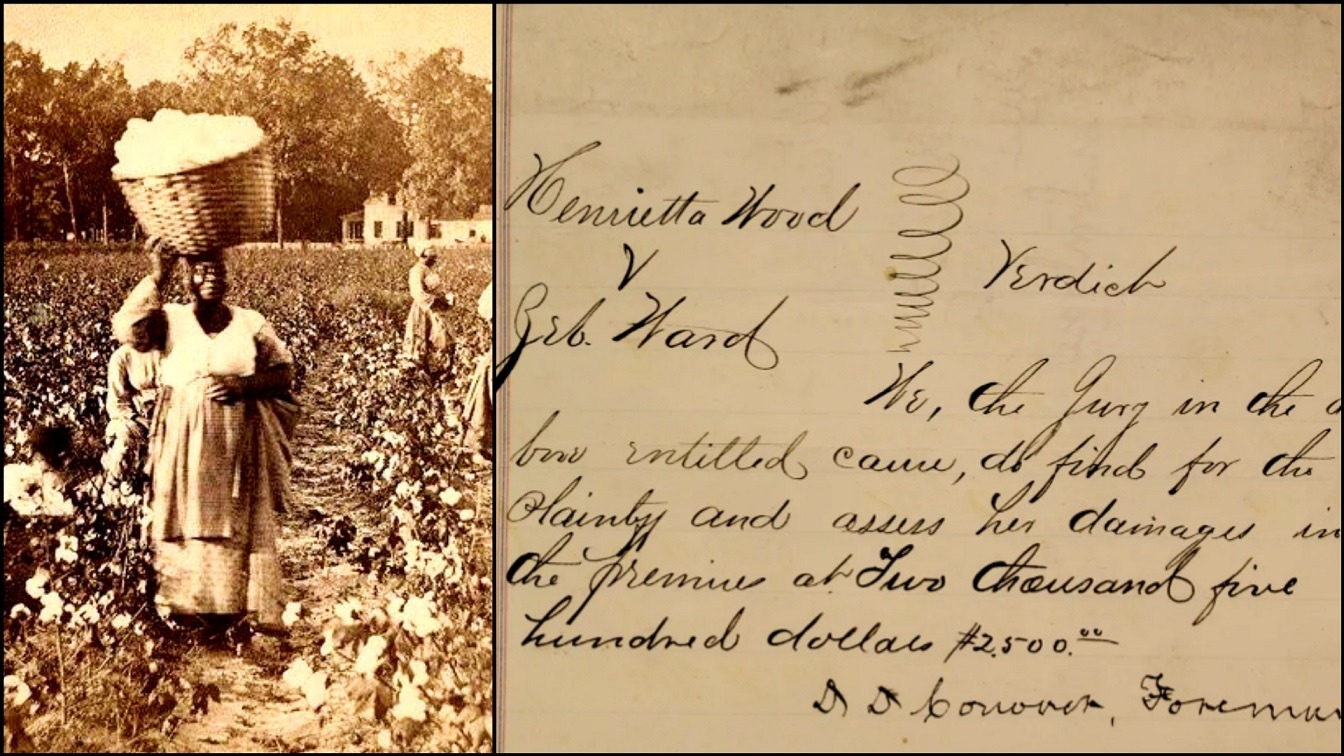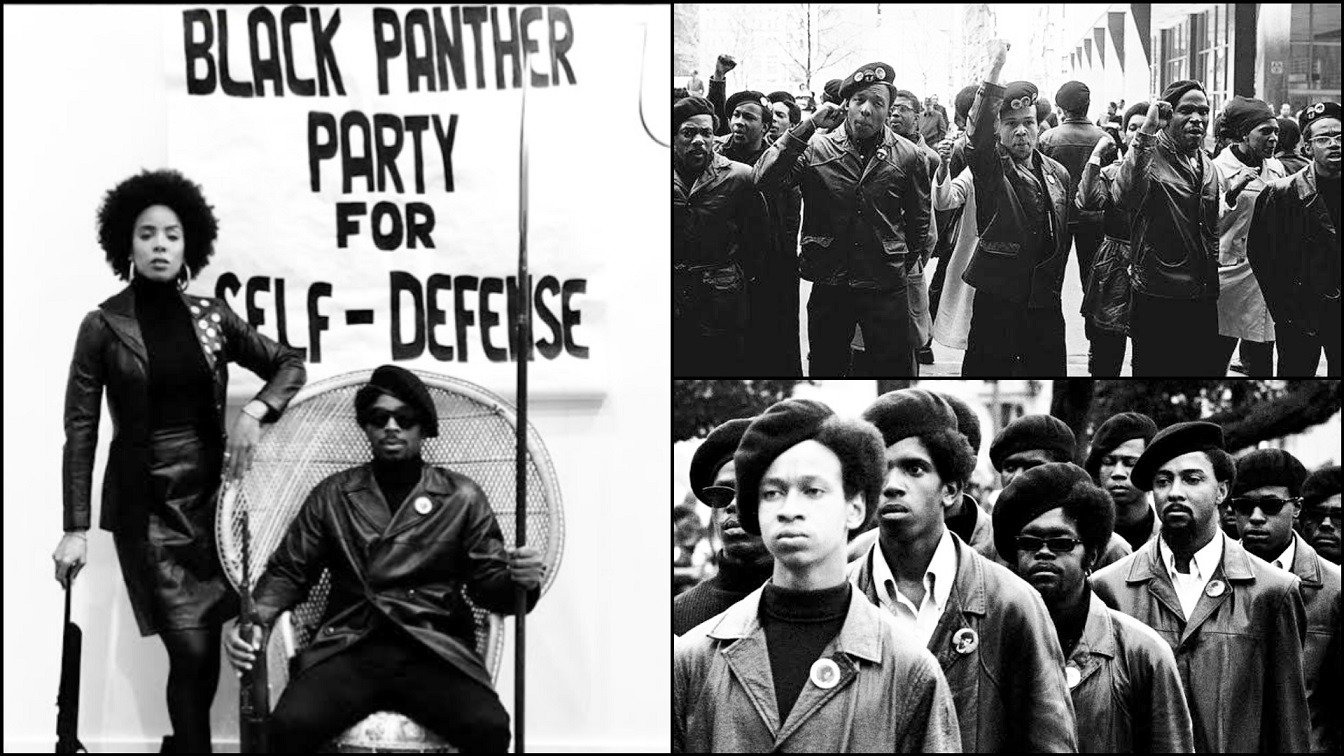Alexander Miles, who contributed to the elevator industry, was a late-nineteenth-century African-American inventor who broke down racial barriers in the United States.
Miles created an elevator that could open and close its own doors and the elevator shaft doors. The doors would move automatically when the elevator arrived or left a specific floor. Previously, the elevator operator or passengers had to manually open and close the doors of both the shaft and the elevator, adding significantly to the dangers of operating an elevator.
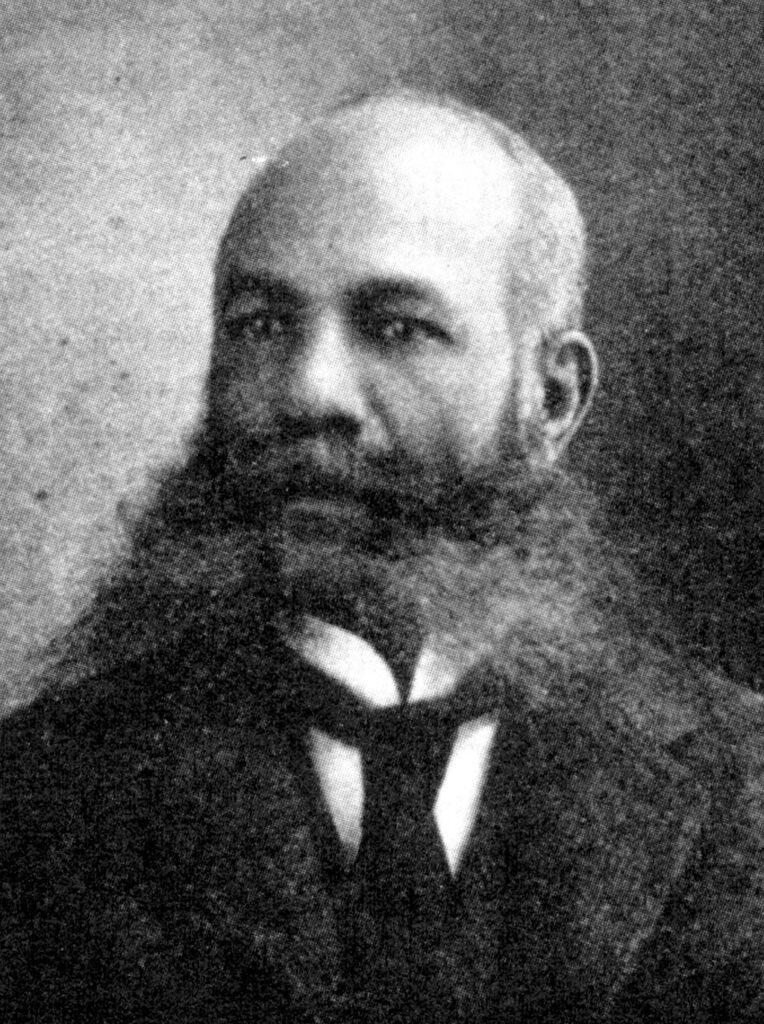
Miles attached a flexible belt to the elevator cage, and when the belt made contact with drums positioned along the elevator shaft just above and below the floors, the elevator shaft doors opened and closed at the appropriate times. A series of levers and rollers controlled the elevator doors.
His elevator patent’s influence can still be seen in modern designs, as the automatic opening and closing of elevator and elevator shaft doors is a standard feature.
Alexander Miles Life Story
Alexander Miles, the 19th Century African-American inventor best known for patenting his design for improving the automatically opening and closing elevator doors, was born near Circleville, Ohio to Michael Miles and Mary Pompy. On October 11, 1887, the patent was granted (U.S. Patent 371,207).
In 1870, Miles relocated to Winona, Minnesota, where he met his future wife, Candance J. Dunlap of New York City, New York. Miles moved his family to Duluth, Minnesota, shortly after the birth of their daughter, Grace, in 1879.
Alexander Miles began exploring his passion for inventing before moving to Winona, Minnesota, by first creating hair care products while working as a barber in Wisconsin. Miles and his family moved to Duluth, Minnesota, and he opened a barbershop in the four-story St. Louis Hotel. Miles became the first African-American member of the Duluth Chamber of Commerce by using his earnings to purchase a real estate office. In 1884, he built a three-story brownstone building in Duluth, renaming the area “Miles Block.” Soon after, he began working on his idea to improve the function of the elevator door.
Despite the fact that John W. Meaker patented the first automatic elevator door system (U.S. Patent 147,853) in 1874, many elevators still required the doors and shaft to be opened and closed manually. Miles became concerned about the dangers of elevators after noticing a shaft door left open during a ride with his young daughter. Many reported incidents of people falling into shafts resulted from people forgetting to close the shaft doors before using the elevator.
Although Meaker received the patent first, it was Miles’ innovation that led to the global acceptance of electric-powered elevator doors. Today, the influence of his patent can be seen in modern elevator designs that include automatic doors as standard features.
In 1899, Miles and his family moved to Chicago, Illinois, where they established The United Brotherhood, a life insurance company that sold life insurance primarily to African Americans who could not otherwise obtain coverage from white-owned companies. Miles and his family relocated to Seattle, Washington, due to Chicago’s economic difficulties at the time. Miles was known to be the wealthiest African American in the Pacific Northwest region at the time of his death on May 7, 1918, in part due to the success of his invention. He was inducted into the National Inventors Hall of Fame in 2007.
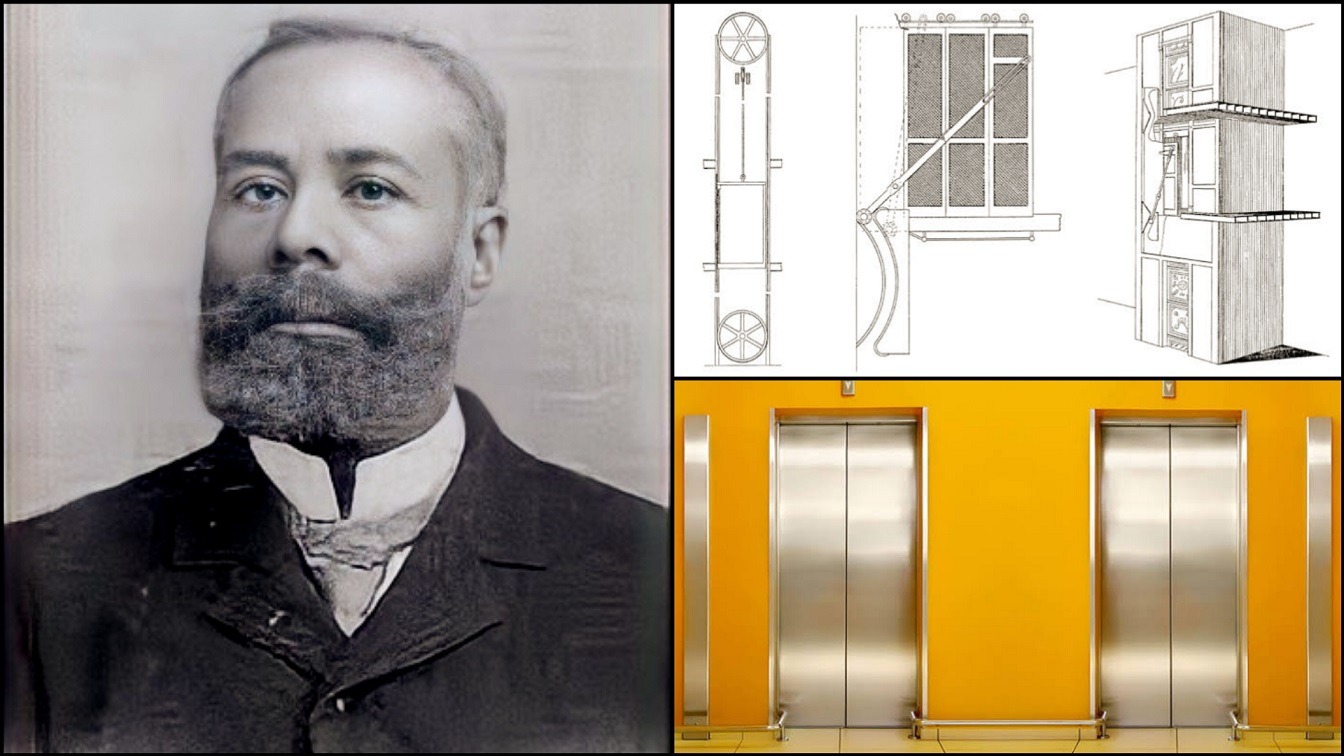
![Black Man Who Designed Washinton DC and Invented The Clock [Benjamin Banneker]](https://libertywritersafrica.com/wp-content/uploads/2022/01/Black-Man-Who-Designed-Washinton-DC-and-Invented-The-Clock-Benjamin-Banneker.jpg)
